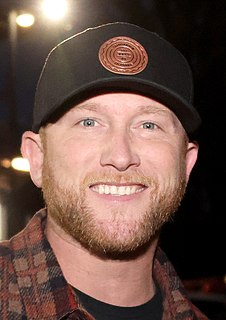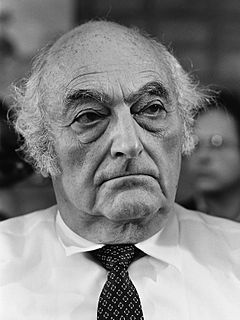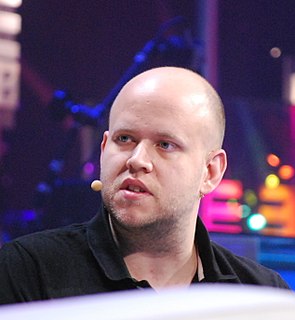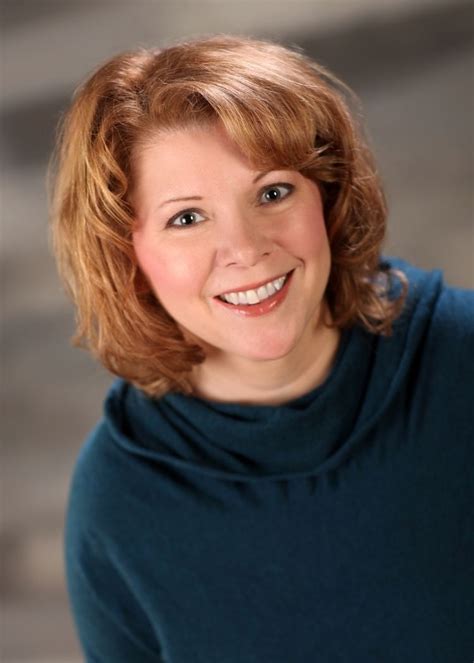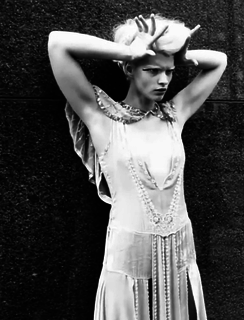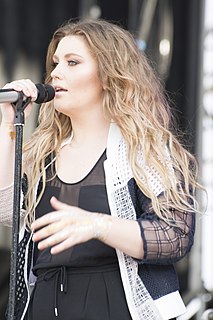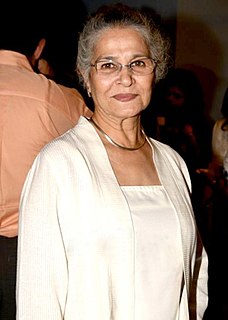A Quote by Terry Goodkind
I had to live this long, have the experiences I've had, to create what I do. I knew I wanted to write for years, but I had to be ready so I wouldn't blow it. The move to Maine was the final step.
Related Quotes
And I felt more like me than I ever had, as if the years I'd lived so far had formed layers of skin and muscle over myself that others saw as me when the real one had been underneath all along, and I knew writing- even writing badly- had peeled away those layers, and I knew then that if I wanted to stay awake and alive, if I wanted to stay me, I would have to keep writing.
One of the first speaking roles I had was in a film called 'Svengali', with Peter O'Toole and Elizabeth Ashley. I was a waiter, and I had about three lines. And I was ready! I had been around people like that, and I knew they were just actors. All the work I had done, it was all there, and I felt like I knew all the mechanics.
Distances and days existed in themselves then; they all had a story. They were not barriers. If a person wanted to get to the moon, there is a way; it all depended on whether you knew the directions, on whether you knew the story of how others before you had gone. He had believed in the stories for a long time, until the teachers at Indian school taught him not to believe in that kind of "nonsense". But they had been wrong.
I had written a book. For various reasons, the publishing industry had decided that my book was going to be 'important.' The novel had taken me 12-and-a-half years to write, and after being with the book for so long, I had no real perspective on the merits or demerits of what I had written. I hoped it was good, but feared that it wasn't.
What was happening was only the working-out of a process that had started years ago. The first step had been a secret, involuntary thought, the second had been the opening of the diary. He had moved from thoughts to words, and now from words to actions. The last step was something that would happen in the Ministry of Love. He had accepted it. The end was contained in the beginning.
I had a hundred things I wanted to be, but when I was 13, I wanted to be an inventor. I wanted to improve the blow-dryer because it takes so long to blow-dry your hair, and it's just a waste of time. I wanted to invent the therm-alarm, which would have you throw your sheets off in the night when you got too hot.
Enough time had passed that I was ready to write the book Hungry. Was it absolutely difficult? Completely. I had to go back and relive one of the more traumatic things in my life. I destroyed my body for three years and I nearly killed myself for a passion that I had. But I was finally able to close the door on that part of my life. It also allowed me to have a voice. And that's something I've wanted since I was a young girl, to be able to be heard.
Atul had a child from his first marriage but lost him when he was just 16 years old. His wife died 7-8 years later. He's really had a tough life. Probably these experiences have made him a more sensitive, caring and loving person... Had we been 20 years younger, we definitely would have had children.

